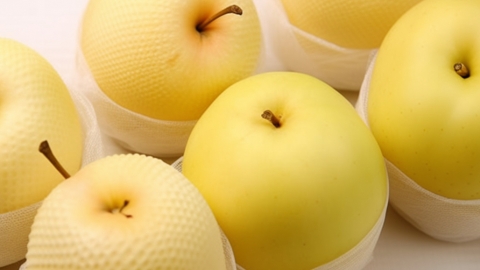What are the functions and benefits of pear tea?
Generally speaking, the main functions and benefits of pear tea include moistening the lungs and relieving cough, promoting saliva and quenching thirst, clearing heat and reducing internal fire, supplementing nutrition, and alleviating dry throat. Detailed explanations are as follows:
1. Moistening the Lungs and Relieving Cough
Pears have a sweet and cool nature. After being brewed into tea, their moisturizing components are more easily released. For dry cough, minimal phlegm, or frequent coughing caused by lung dryness, moderate consumption of pear tea can help nourish the lungs, alleviate coughing symptoms, maintain lung moisture, and relieve discomfort.
2. Promoting Saliva and Quenching Thirst
Pears contain a large amount of water. After being brewed into tea, the liquid remains abundant and has a sweet, refreshing taste. Drinking pear tea can stimulate saliva secretion, improving dry mouth and thirst caused by dry weather, insufficient water intake, or excessive internal heat, thereby quickly relieving thirst and moisturizing the mouth.

3. Clearing Heat and Reducing Internal Fire
Pears are naturally cool in nature and retain this cooling property even after being made into tea. For internal heat caused by consuming spicy foods, staying up late, or symptoms such as swollen gums and irritability, drinking pear tea can help eliminate internal heat, reduce fire symptoms, and soothe the body's internal heat.
4. Supplementing Nutrition
Pears are rich in nutrients such as vitamin C, dietary fiber, and potassium. Some of these nutrients dissolve into the tea during the brewing process. Drinking pear tea allows the body to absorb these nutrients, providing basic nutritional support, meeting the body's needs for certain nutrients during daily physiological functions, and helping maintain normal bodily functions.
5. Alleviating Dry Throat
Throat dryness and itching are often related to insufficient moisture in the throat mucosa. When the warm and moist pear tea passes through the throat, it directly moisturizes the throat mucosa, reducing sensations of dryness and itchiness. It is especially suitable for consumption during dry seasons or by individuals who use their voices extensively, helping maintain throat comfort.
When preparing pear tea, it is recommended to remove the core and cut the pear into pieces before boiling. Honey or rock sugar can be added in moderation according to taste, but individuals with high blood sugar should control their sugar intake. Pear tea is best consumed warm to avoid gastrointestinal discomfort caused by cold drinks. People with a cold constitution, weak spleen and stomach, or those prone to diarrhea should consume it in small amounts to avoid increasing the burden on the digestive system.








